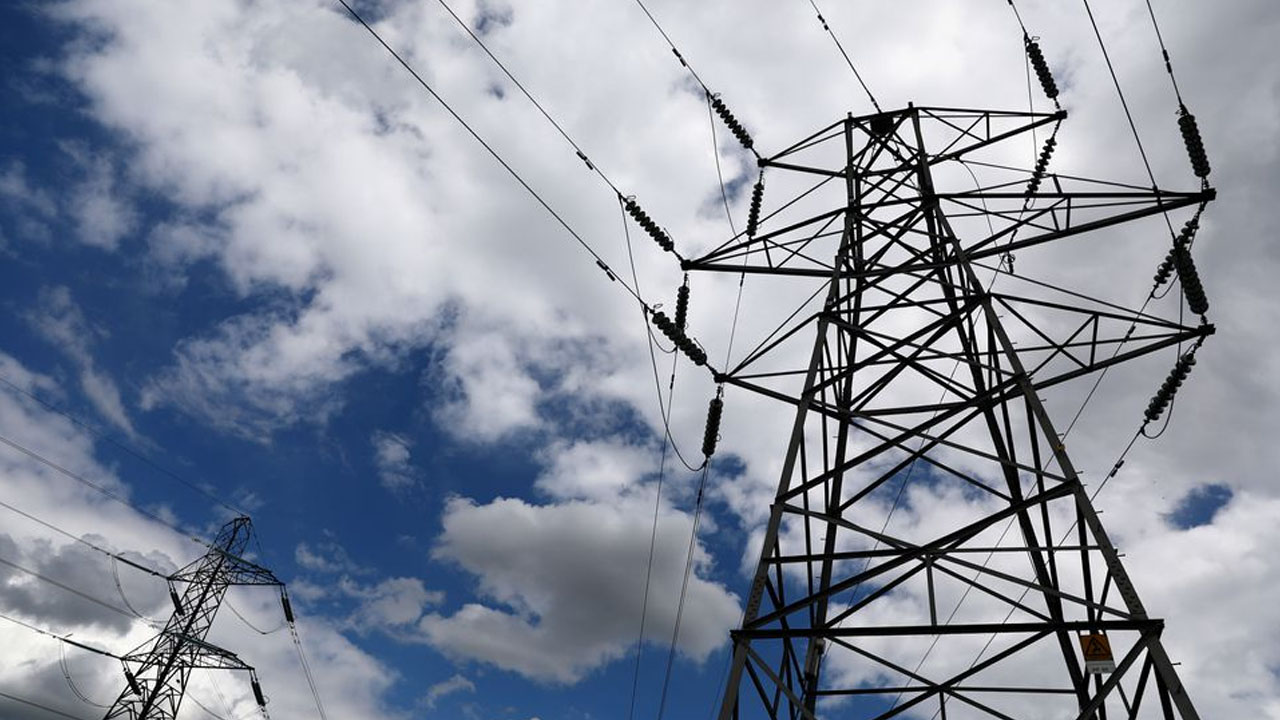The Jordan-Iraq electricity grid connection project has officially been launched. This came to light following a recent meeting between Bisher al-Khasawneh, the Jordanian Prime Minister, and the Iraqi Prime Minister. The meeting took place in the western province of Anbar for the project’s official launch.
The electrical grid connection aims to improve the electricity situation, more so in Iraq. Furthermore, the Jordan-Iraq Grid connection project aims to boost economic ties between Jordan and Iraq. By mid-2023, the project aims to have reached its final stages.
Read Also Jordan’s King Hussein Bridge set to undergo a US$ 211M+ upgrade project
The Jordan-Iraq electricity grid connection project secures the path of energy exchange
In Jordan, the length of the power line will be well about 16 kilometers, which is roughly 10 miles.
Meanwhile, inside Irag, the length of the power line will be 330 kilometers, which is roughly 205 miles. The electric power line will start from Trebil, the Iraqi-Jordanian border. Thereafter, it shall pass through the al-Rutba area, which is directly adjacent to the international road. Lastly, it will end at the Al-Qaim station, which is on the Iraqi border with Syria.
For starters, the project aims to provide a total of 150 megawatts. After which, it plans to gradually increase its electrical power output to 500 megawatts. The project will contribute towards Iraq’s ultimate goal of becoming a transit hub for electricity within the region. Moreover, the project will immensely contribute to fulfilling the need for electricity in Iraq.
The Iraqi Prime Minister spoke about the project. Mustafa al-Kadhimi assured that the project would secure the path of energy exchange between Jordan and Iraq. Moreover, the project serves as a larger plant in the establishment of an all-inclusive Arab power market. Thus, including regions such as the United Arab Emirates, Saudi Arabia, Bahrain, Oman, Egypt as well as Qatar.
Lastly, Al Kadhimi concluded by saying that the project is also a true reflection of the present openness and willingness to cooperate across the GCC.

Leave a Reply